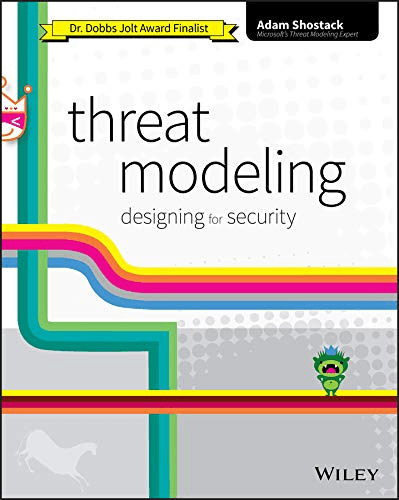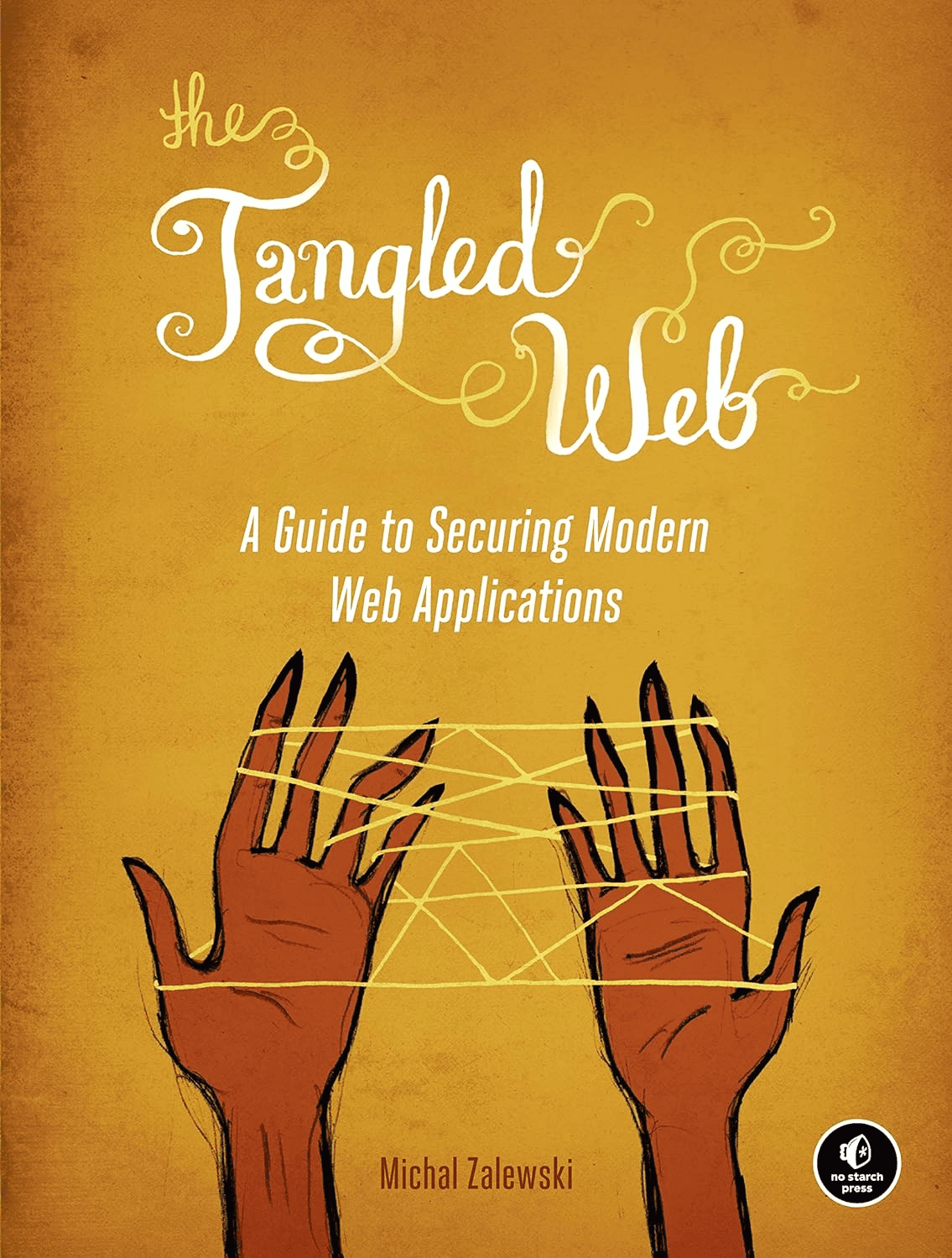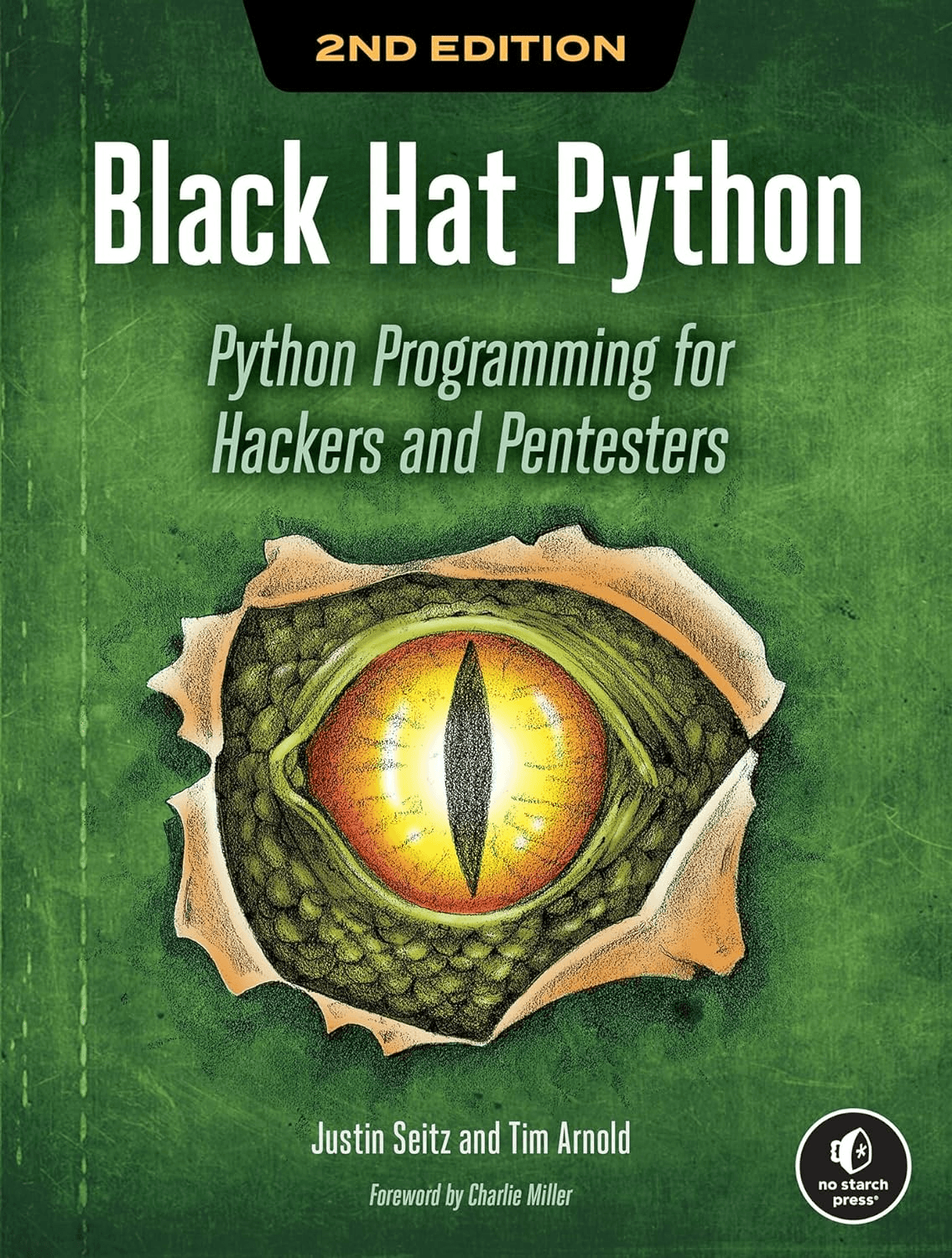5 Application Security Books
Twingate Team
•
•
Apr 4, 2024

As the digital landscape continues to evolve, the importance of application security has become paramount. Cyber threats targeting web and mobile applications are on the rise, emphasizing the need for professionals equipped with the right knowledge and strategies to defend against these threats.
In this article, we will explore five essential application security books that provide actionable guidance and expertise for safeguarding applications against cyber threats.
1) The Web Application Hacker's Handbook: Finding and Exploiting Security Flaws

The Web Application Hacker's Handbook is a comprehensive guide to web application security, covering common attack vectors, secure coding practices, and defense strategies.
What you’ll learn: Web application security fundamentals, reconnaissance techniques, injection attacks, and authentication bypass.
Author: Dafydd Stuttard and Marcus Pinto are renowned experts in web application security, with extensive experience in penetration testing and vulnerability research.
Reviews: This book has an overall rating of 4.7 out of 5 on Amazon.
2) Secure Programming Cookbook for C and C++: Recipes for Cryptography, Authentication, Input Validation & More

Secure Programming Cookbook for C and C++ contains practical recipes and best practices for writing secure C and C++ code, addressing buffer overflow prevention, input validation, and secure coding principles.
What you’ll learn: Secure coding in C and C++, buffer overflow prevention, and input validation techniques.
Author: John Viega and Matt Messier, experts in software security and programming, provide actionable insights for developers and security professionals.
Reviews: This book has an overall rating of 4.4 out of 5 on Amazon.
3) Threat Modeling: Designing for Security

Threat Modeling: Designing for Security provides insights into designing secure systems through threat modeling, risk assessment, and security architecture design.
What you’ll learn: Threat modeling process, risk analysis, and security architecture design.
Author: Adam Shostack, a respected security professional, offers practical strategies for security architects and risk managers.
Reviews: This book has an overall rating of 4.5 out of 5 on Amazon.
4) The Tangled Web: A Guide to Securing Modern Web Applications

The Tangled Web shows the exploration of securing modern web applications, including JavaScript security, browser vulnerabilities, and client-side attacks.
What you’ll learn: Web browser security, client-side attacks, and cross-site scripting (XSS) prevention.
Author: Michal Zalewski, a respected security researcher, provides in-depth analysis for web developers and security professionals.
Reviews: This book has an overall rating of 4.4 out of 5 on Amazon.
5) Black Hat Python: Python Programming for Hackers and Pentesters

Black Hat Python is a hands-on guide to Python programming for hackers and pentesters, focusing on offensive security techniques and tools.
What you’ll learn: Python scripting for penetration testing, network security, and exploit development.
Author: Justin Seitz, an experienced security professional and Python expert, shares practical knowledge for ethical hacking and cybersecurity professionals.
Reviews: This book has an overall rating of 4.6 out of 5 on Amazon.
Rapidly implement a modern Zero Trust network that is more secure and maintainable than VPNs.
5 Application Security Books
Twingate Team
•
•
Apr 4, 2024

As the digital landscape continues to evolve, the importance of application security has become paramount. Cyber threats targeting web and mobile applications are on the rise, emphasizing the need for professionals equipped with the right knowledge and strategies to defend against these threats.
In this article, we will explore five essential application security books that provide actionable guidance and expertise for safeguarding applications against cyber threats.
1) The Web Application Hacker's Handbook: Finding and Exploiting Security Flaws

The Web Application Hacker's Handbook is a comprehensive guide to web application security, covering common attack vectors, secure coding practices, and defense strategies.
What you’ll learn: Web application security fundamentals, reconnaissance techniques, injection attacks, and authentication bypass.
Author: Dafydd Stuttard and Marcus Pinto are renowned experts in web application security, with extensive experience in penetration testing and vulnerability research.
Reviews: This book has an overall rating of 4.7 out of 5 on Amazon.
2) Secure Programming Cookbook for C and C++: Recipes for Cryptography, Authentication, Input Validation & More

Secure Programming Cookbook for C and C++ contains practical recipes and best practices for writing secure C and C++ code, addressing buffer overflow prevention, input validation, and secure coding principles.
What you’ll learn: Secure coding in C and C++, buffer overflow prevention, and input validation techniques.
Author: John Viega and Matt Messier, experts in software security and programming, provide actionable insights for developers and security professionals.
Reviews: This book has an overall rating of 4.4 out of 5 on Amazon.
3) Threat Modeling: Designing for Security

Threat Modeling: Designing for Security provides insights into designing secure systems through threat modeling, risk assessment, and security architecture design.
What you’ll learn: Threat modeling process, risk analysis, and security architecture design.
Author: Adam Shostack, a respected security professional, offers practical strategies for security architects and risk managers.
Reviews: This book has an overall rating of 4.5 out of 5 on Amazon.
4) The Tangled Web: A Guide to Securing Modern Web Applications

The Tangled Web shows the exploration of securing modern web applications, including JavaScript security, browser vulnerabilities, and client-side attacks.
What you’ll learn: Web browser security, client-side attacks, and cross-site scripting (XSS) prevention.
Author: Michal Zalewski, a respected security researcher, provides in-depth analysis for web developers and security professionals.
Reviews: This book has an overall rating of 4.4 out of 5 on Amazon.
5) Black Hat Python: Python Programming for Hackers and Pentesters

Black Hat Python is a hands-on guide to Python programming for hackers and pentesters, focusing on offensive security techniques and tools.
What you’ll learn: Python scripting for penetration testing, network security, and exploit development.
Author: Justin Seitz, an experienced security professional and Python expert, shares practical knowledge for ethical hacking and cybersecurity professionals.
Reviews: This book has an overall rating of 4.6 out of 5 on Amazon.
Rapidly implement a modern Zero Trust network that is more secure and maintainable than VPNs.
5 Application Security Books
Twingate Team
•
•
Apr 4, 2024

As the digital landscape continues to evolve, the importance of application security has become paramount. Cyber threats targeting web and mobile applications are on the rise, emphasizing the need for professionals equipped with the right knowledge and strategies to defend against these threats.
In this article, we will explore five essential application security books that provide actionable guidance and expertise for safeguarding applications against cyber threats.
1) The Web Application Hacker's Handbook: Finding and Exploiting Security Flaws

The Web Application Hacker's Handbook is a comprehensive guide to web application security, covering common attack vectors, secure coding practices, and defense strategies.
What you’ll learn: Web application security fundamentals, reconnaissance techniques, injection attacks, and authentication bypass.
Author: Dafydd Stuttard and Marcus Pinto are renowned experts in web application security, with extensive experience in penetration testing and vulnerability research.
Reviews: This book has an overall rating of 4.7 out of 5 on Amazon.
2) Secure Programming Cookbook for C and C++: Recipes for Cryptography, Authentication, Input Validation & More

Secure Programming Cookbook for C and C++ contains practical recipes and best practices for writing secure C and C++ code, addressing buffer overflow prevention, input validation, and secure coding principles.
What you’ll learn: Secure coding in C and C++, buffer overflow prevention, and input validation techniques.
Author: John Viega and Matt Messier, experts in software security and programming, provide actionable insights for developers and security professionals.
Reviews: This book has an overall rating of 4.4 out of 5 on Amazon.
3) Threat Modeling: Designing for Security

Threat Modeling: Designing for Security provides insights into designing secure systems through threat modeling, risk assessment, and security architecture design.
What you’ll learn: Threat modeling process, risk analysis, and security architecture design.
Author: Adam Shostack, a respected security professional, offers practical strategies for security architects and risk managers.
Reviews: This book has an overall rating of 4.5 out of 5 on Amazon.
4) The Tangled Web: A Guide to Securing Modern Web Applications

The Tangled Web shows the exploration of securing modern web applications, including JavaScript security, browser vulnerabilities, and client-side attacks.
What you’ll learn: Web browser security, client-side attacks, and cross-site scripting (XSS) prevention.
Author: Michal Zalewski, a respected security researcher, provides in-depth analysis for web developers and security professionals.
Reviews: This book has an overall rating of 4.4 out of 5 on Amazon.
5) Black Hat Python: Python Programming for Hackers and Pentesters

Black Hat Python is a hands-on guide to Python programming for hackers and pentesters, focusing on offensive security techniques and tools.
What you’ll learn: Python scripting for penetration testing, network security, and exploit development.
Author: Justin Seitz, an experienced security professional and Python expert, shares practical knowledge for ethical hacking and cybersecurity professionals.
Reviews: This book has an overall rating of 4.6 out of 5 on Amazon.
Solutions
Solutions
The VPN replacement your workforce will love.
Solutions